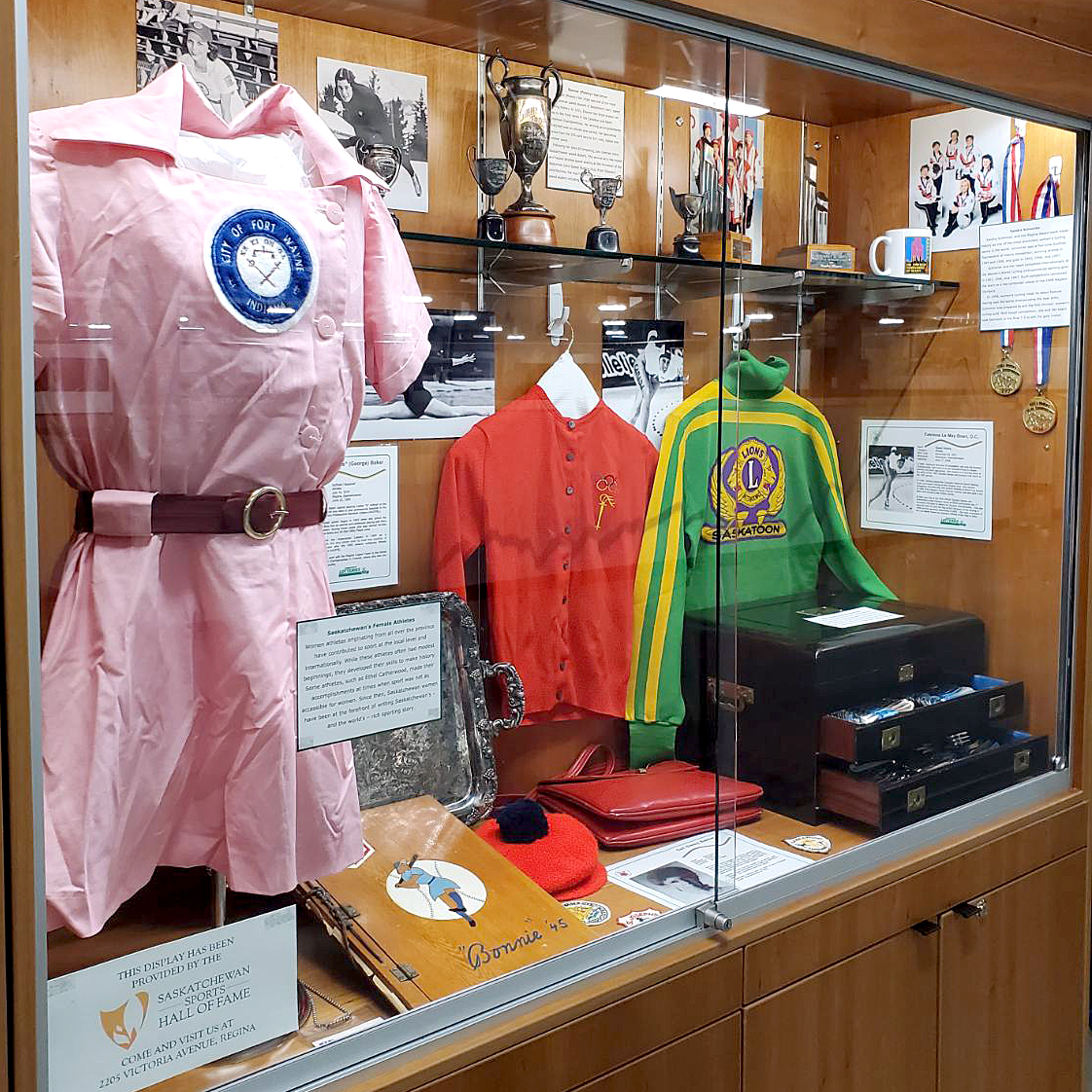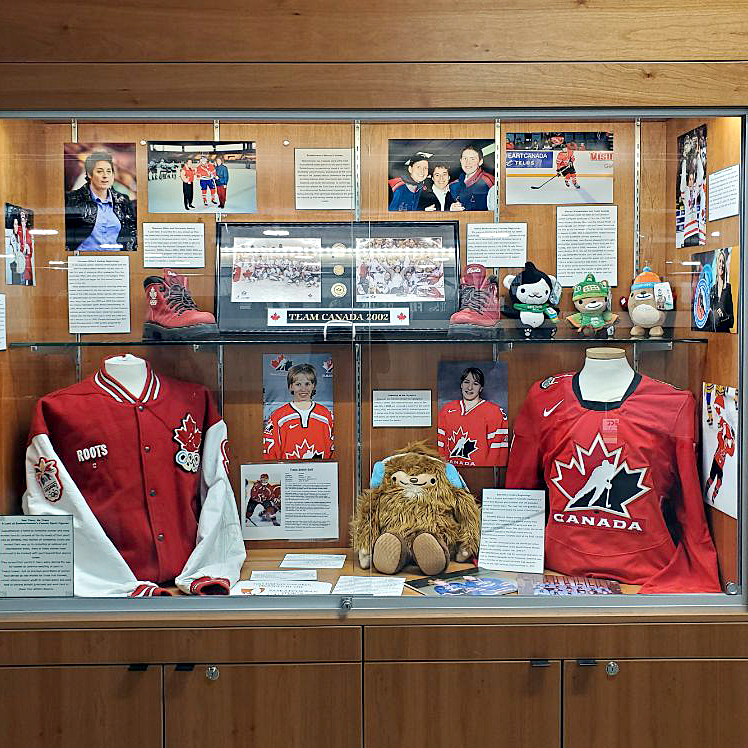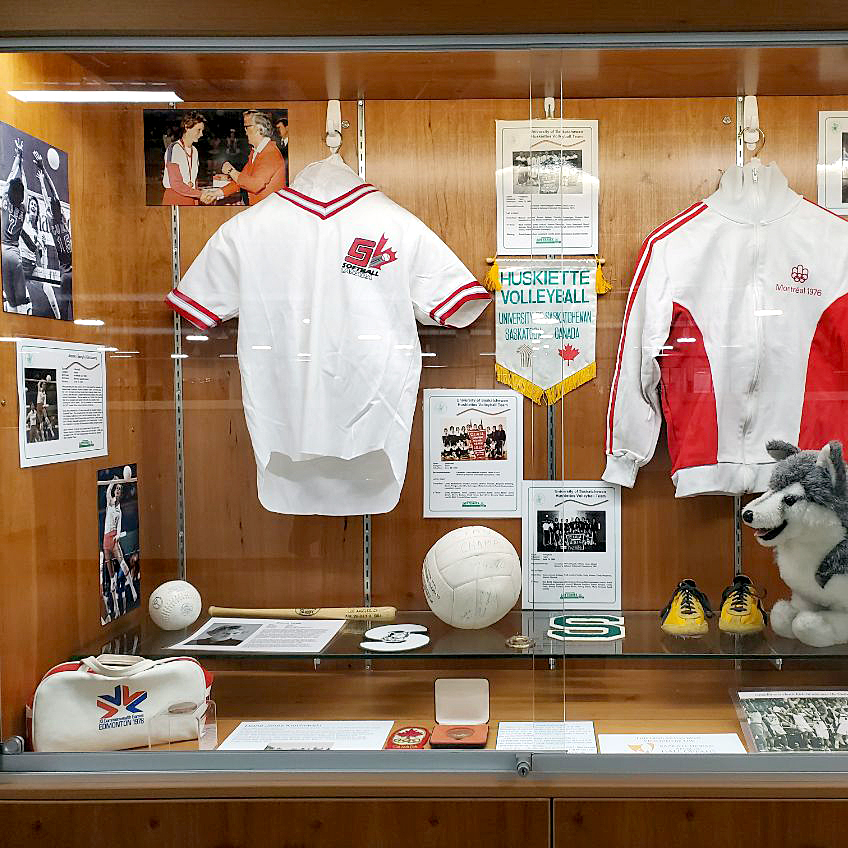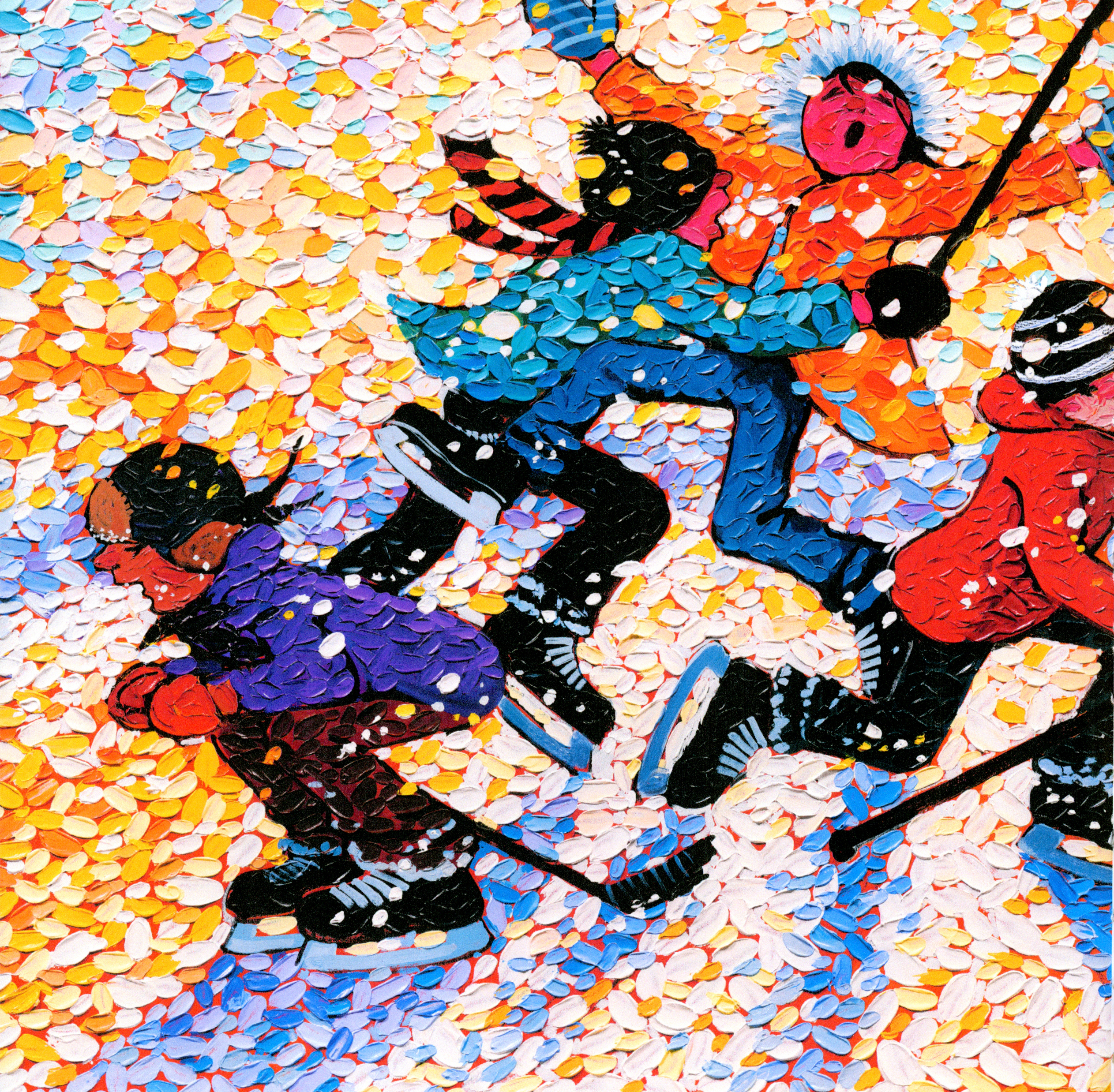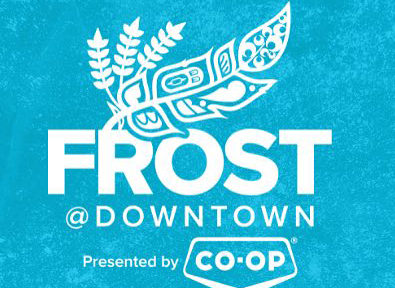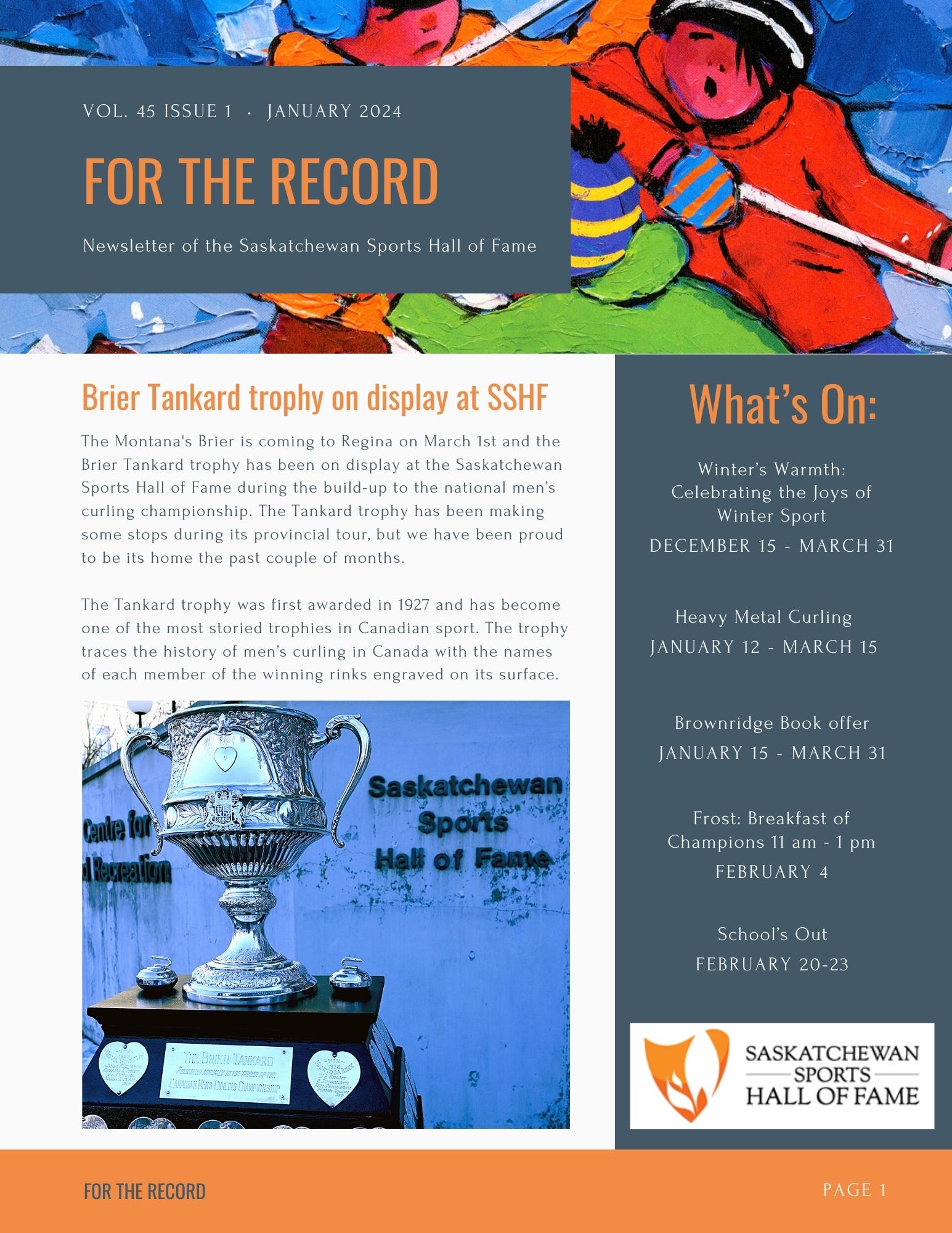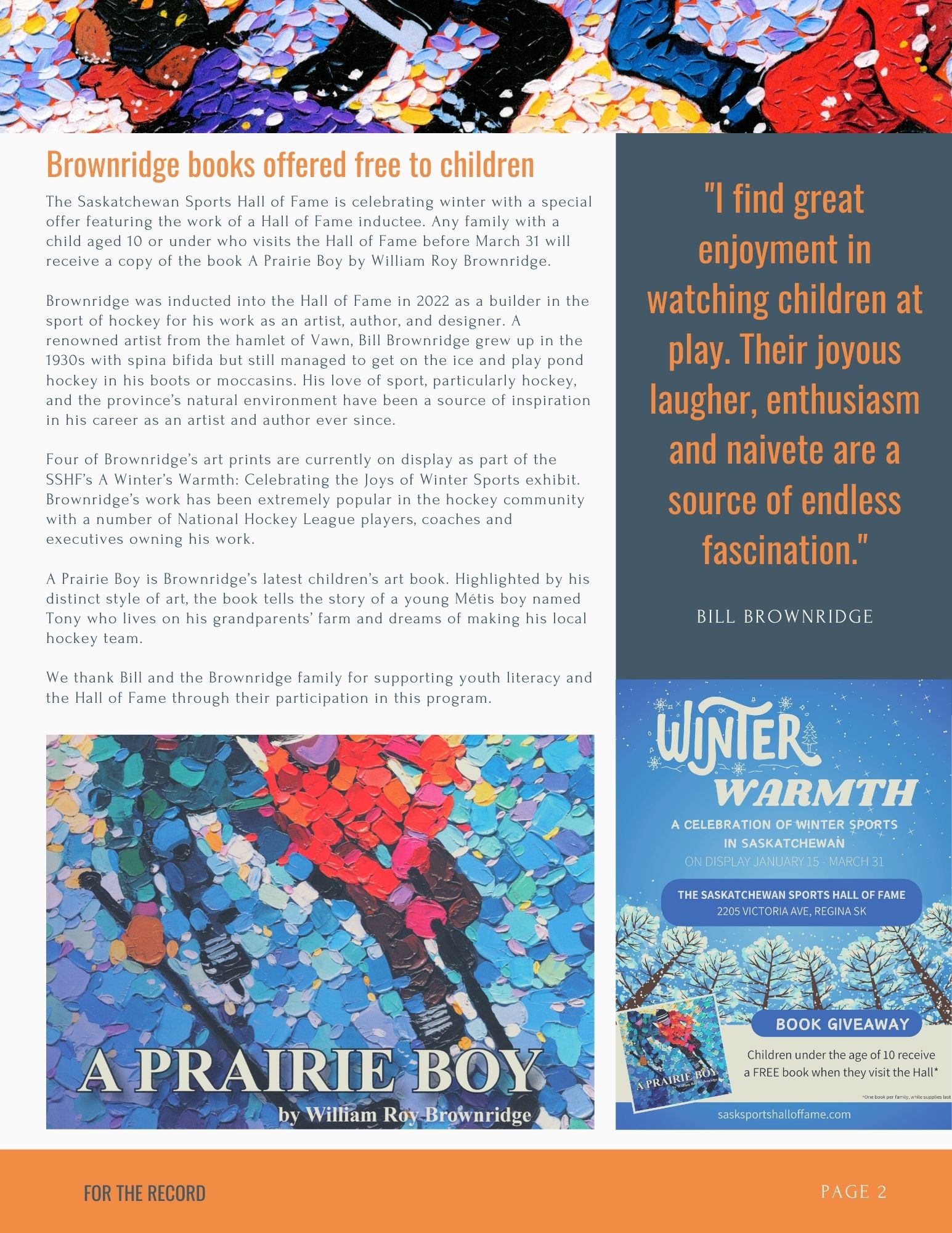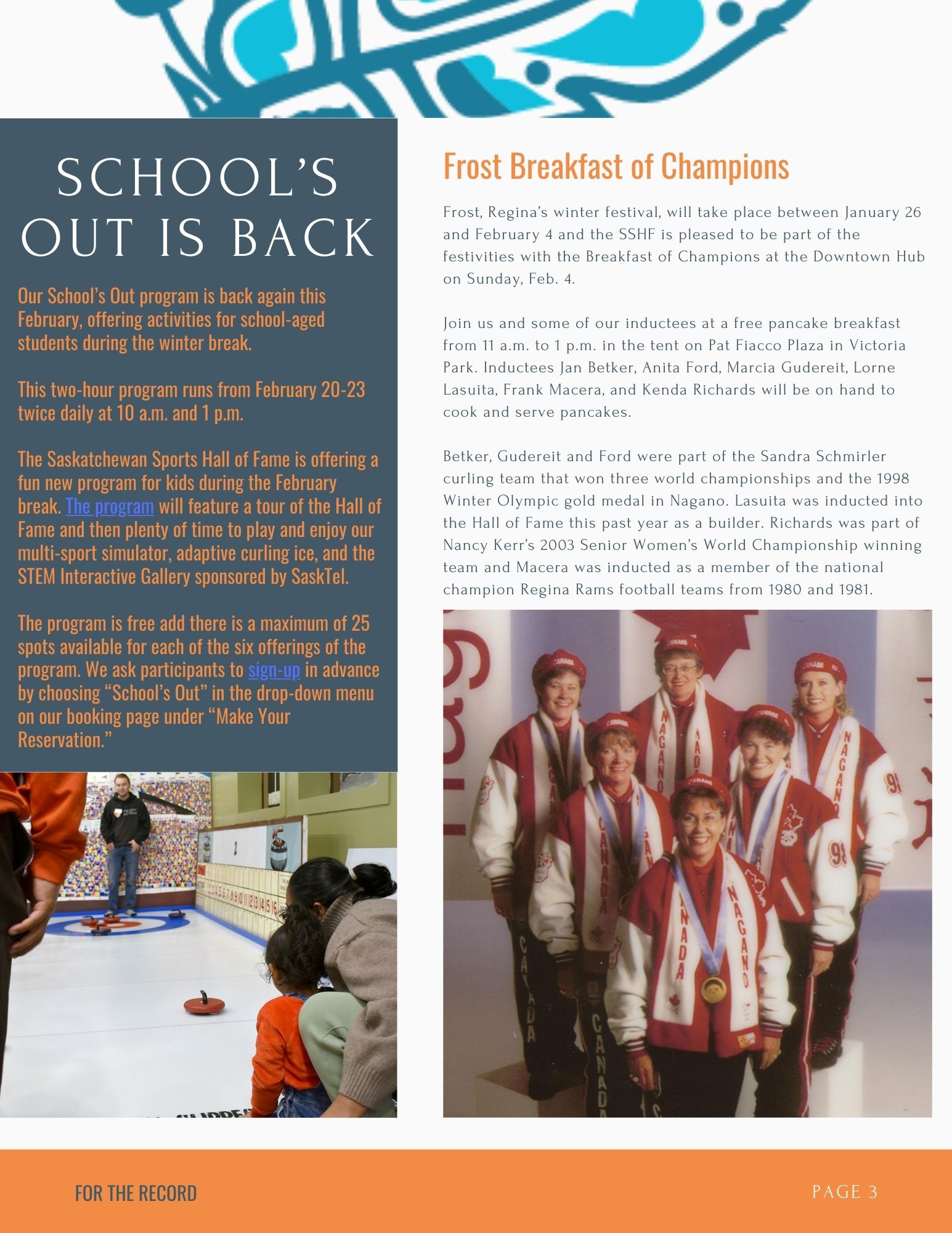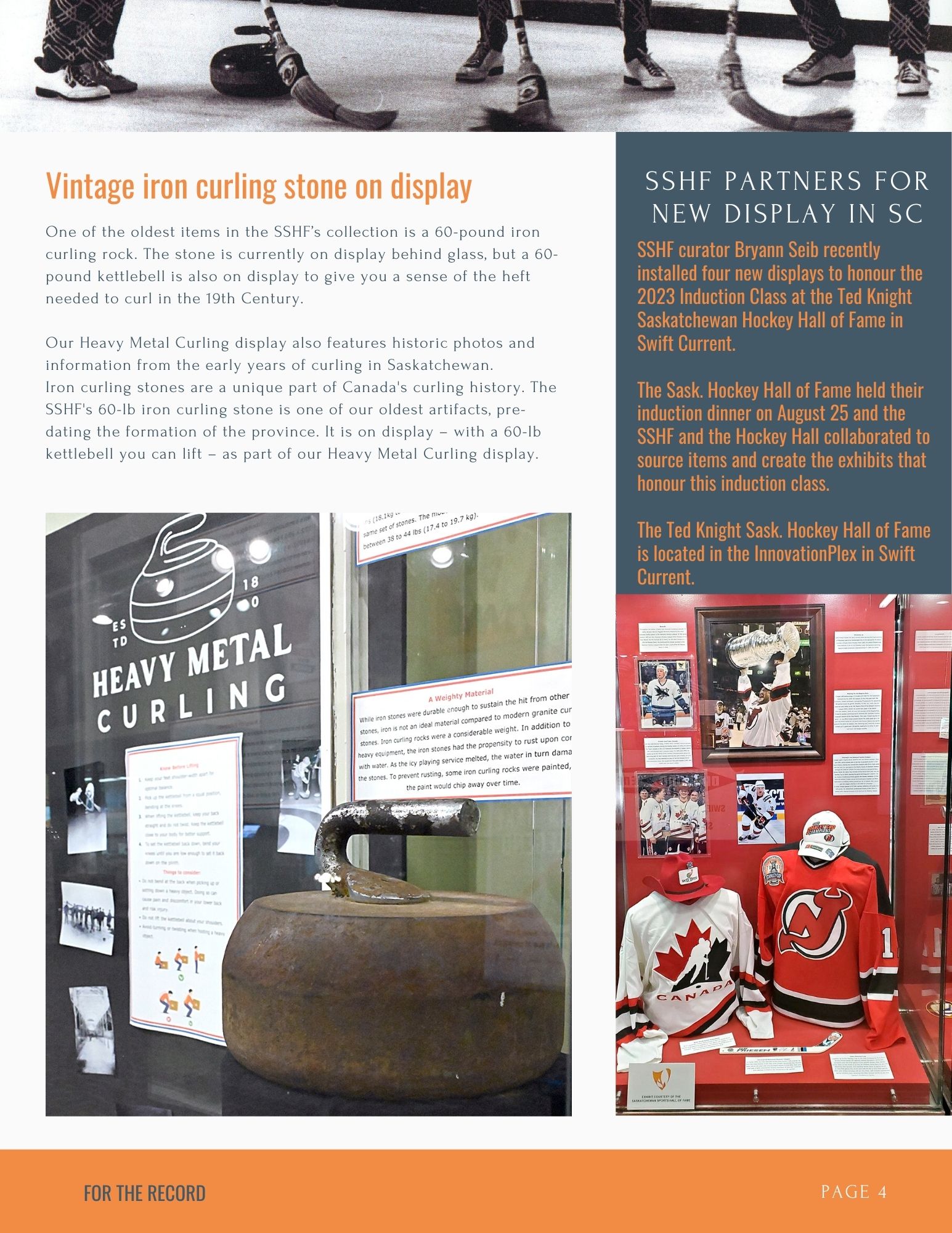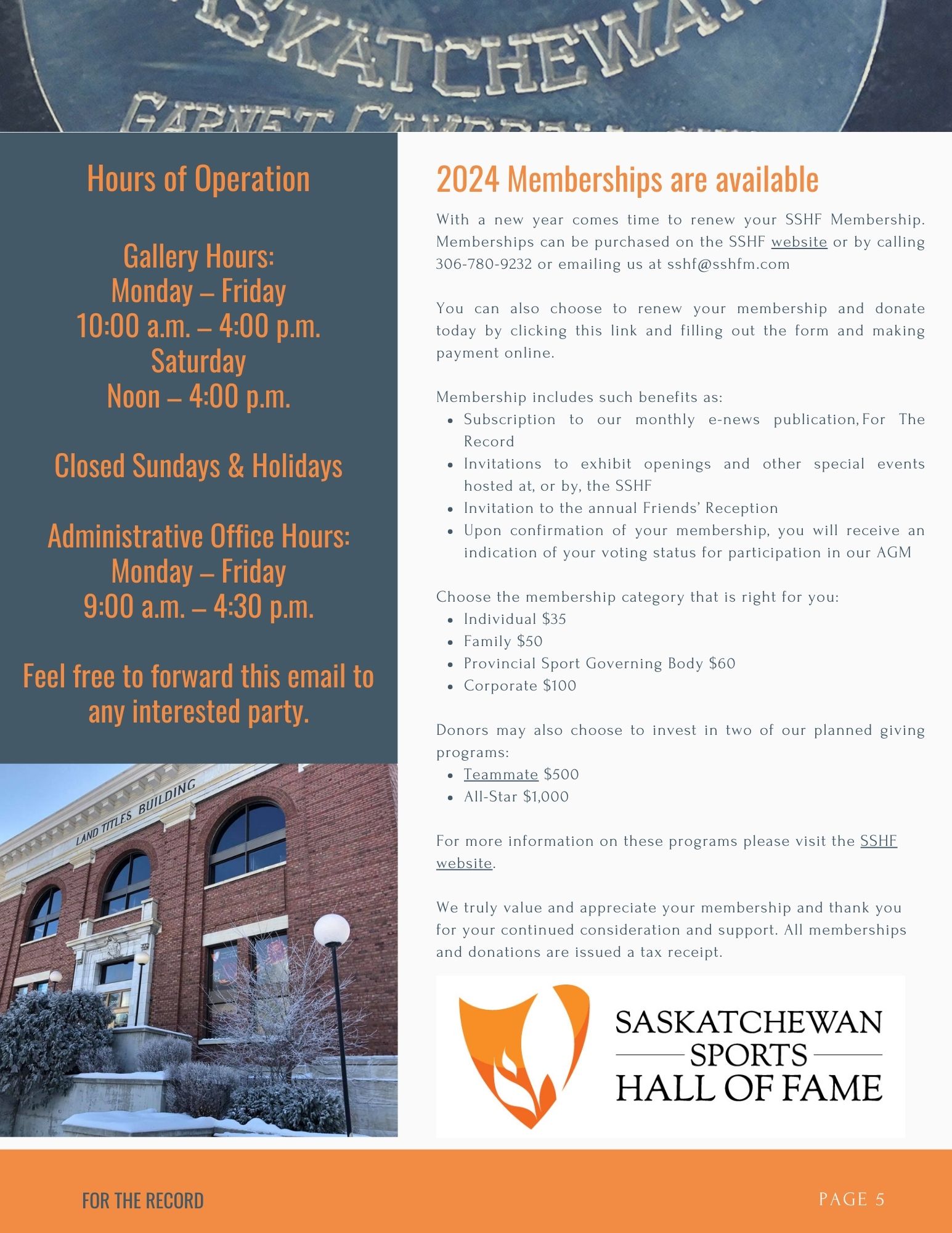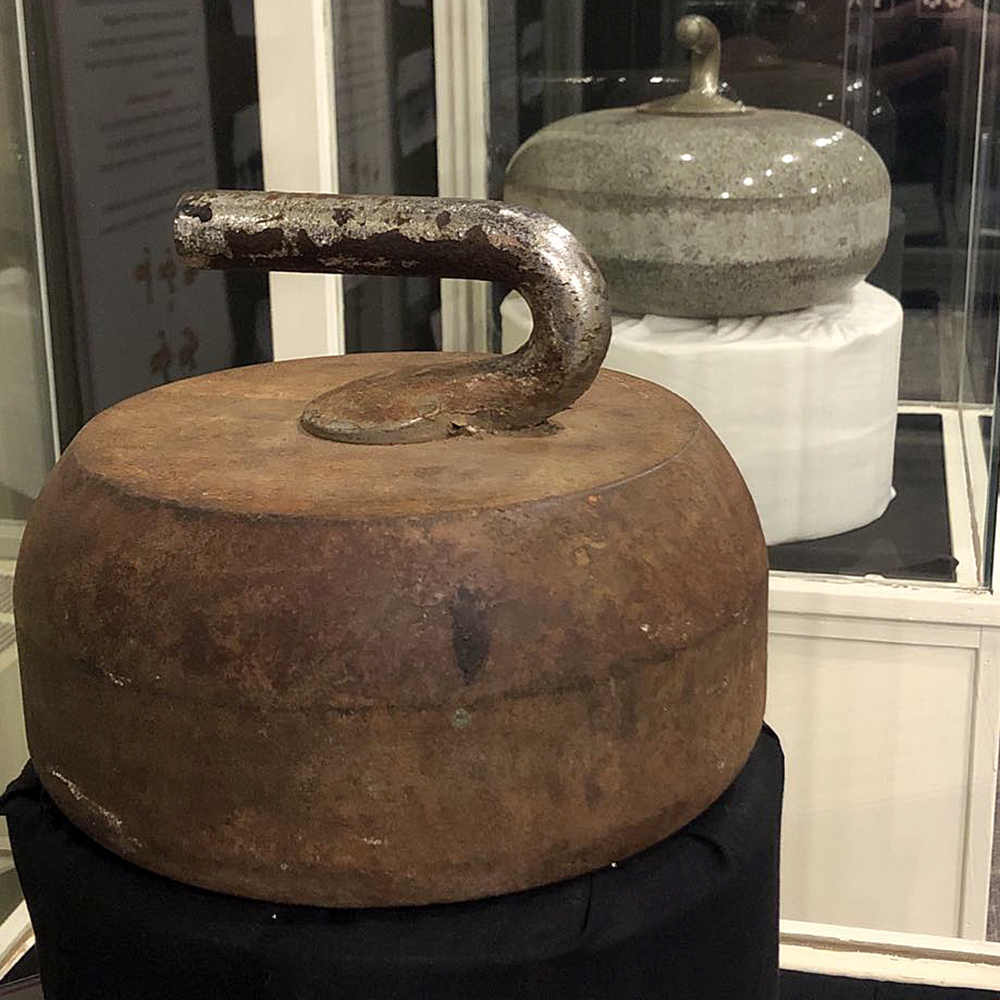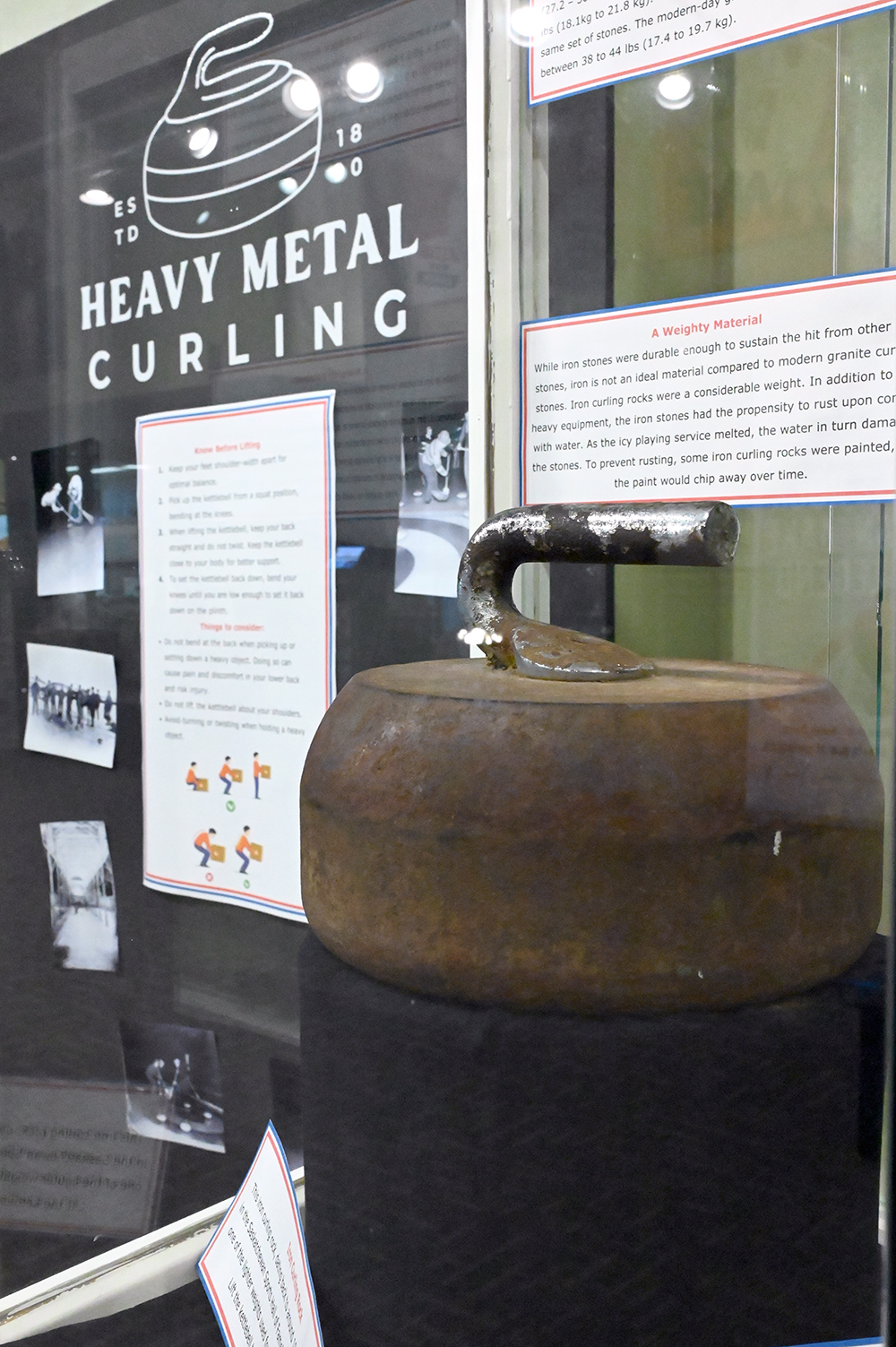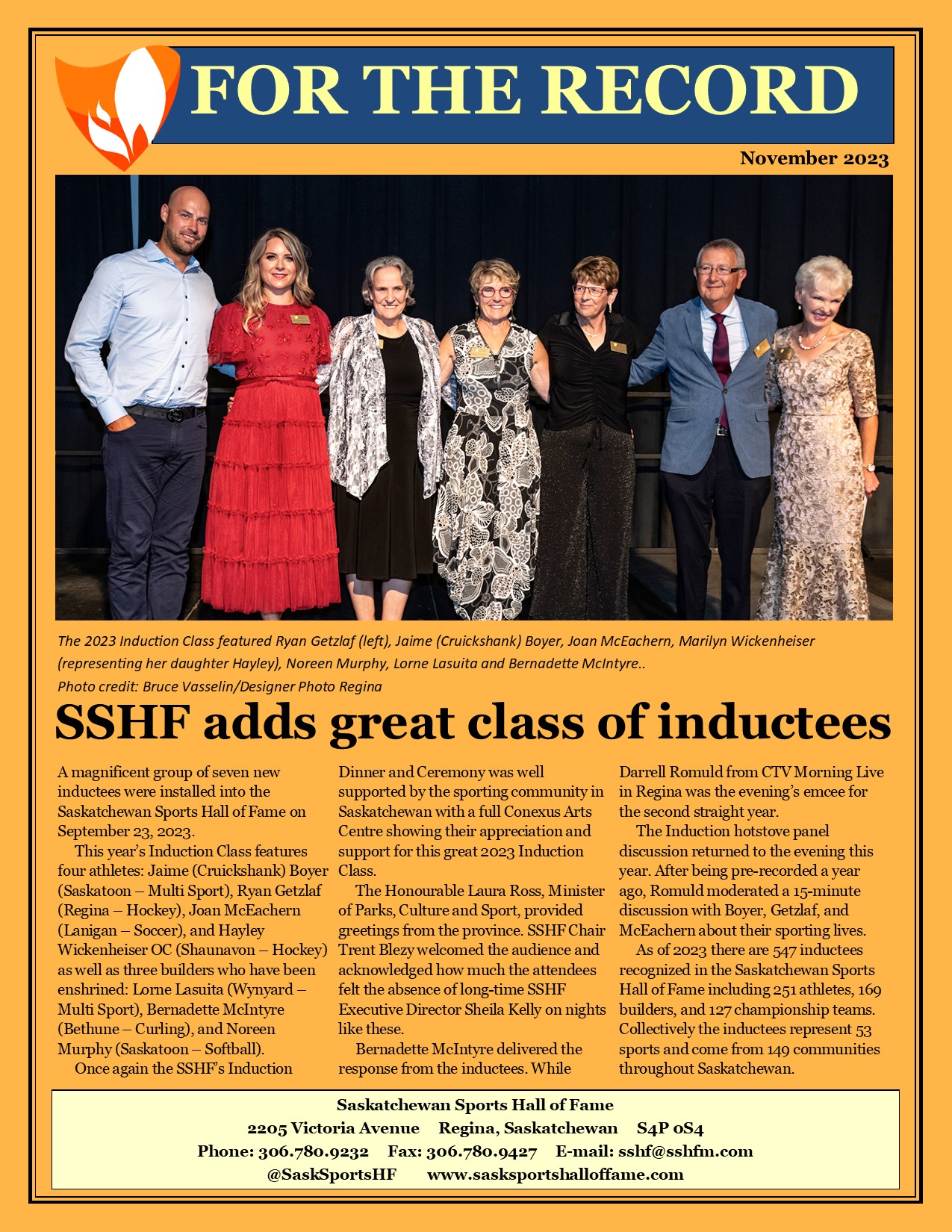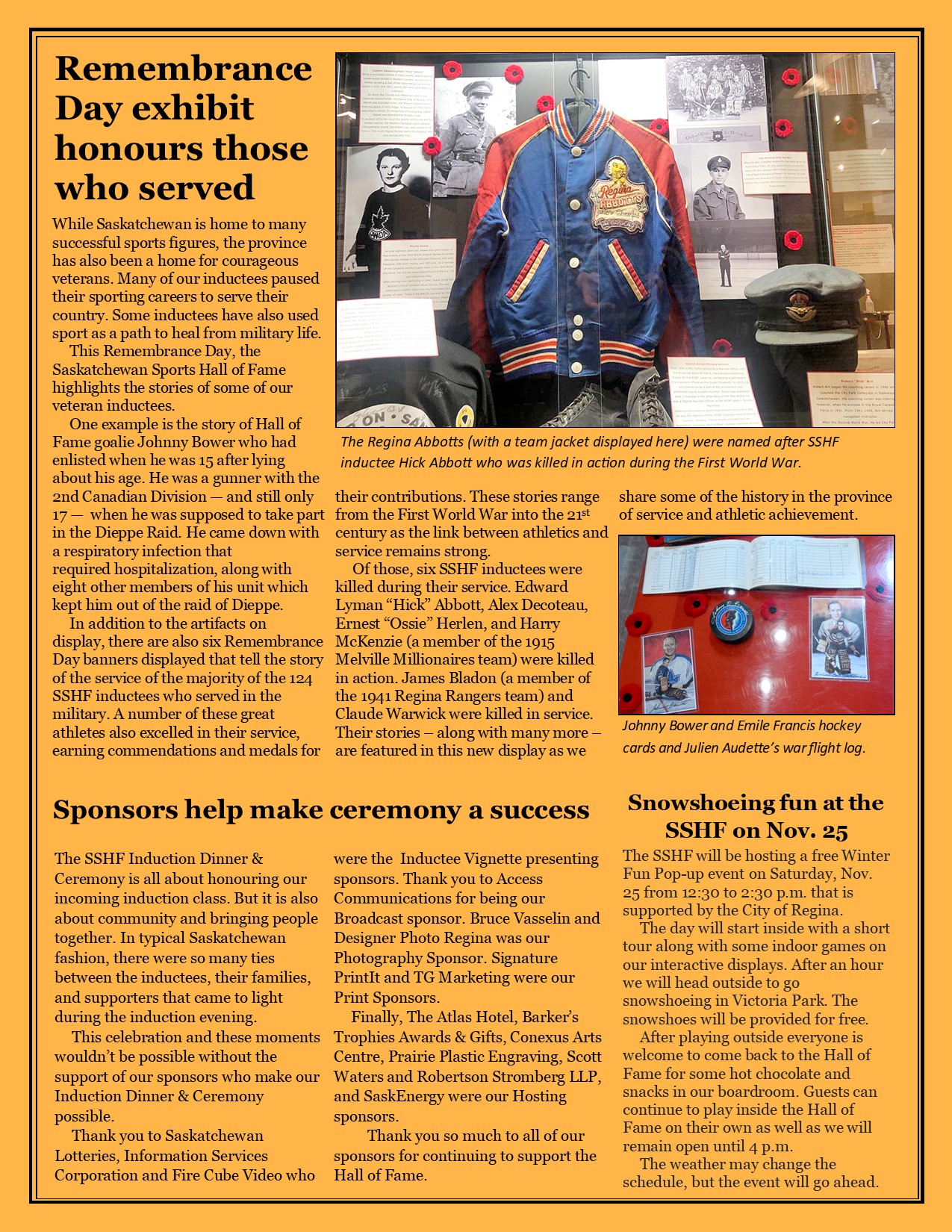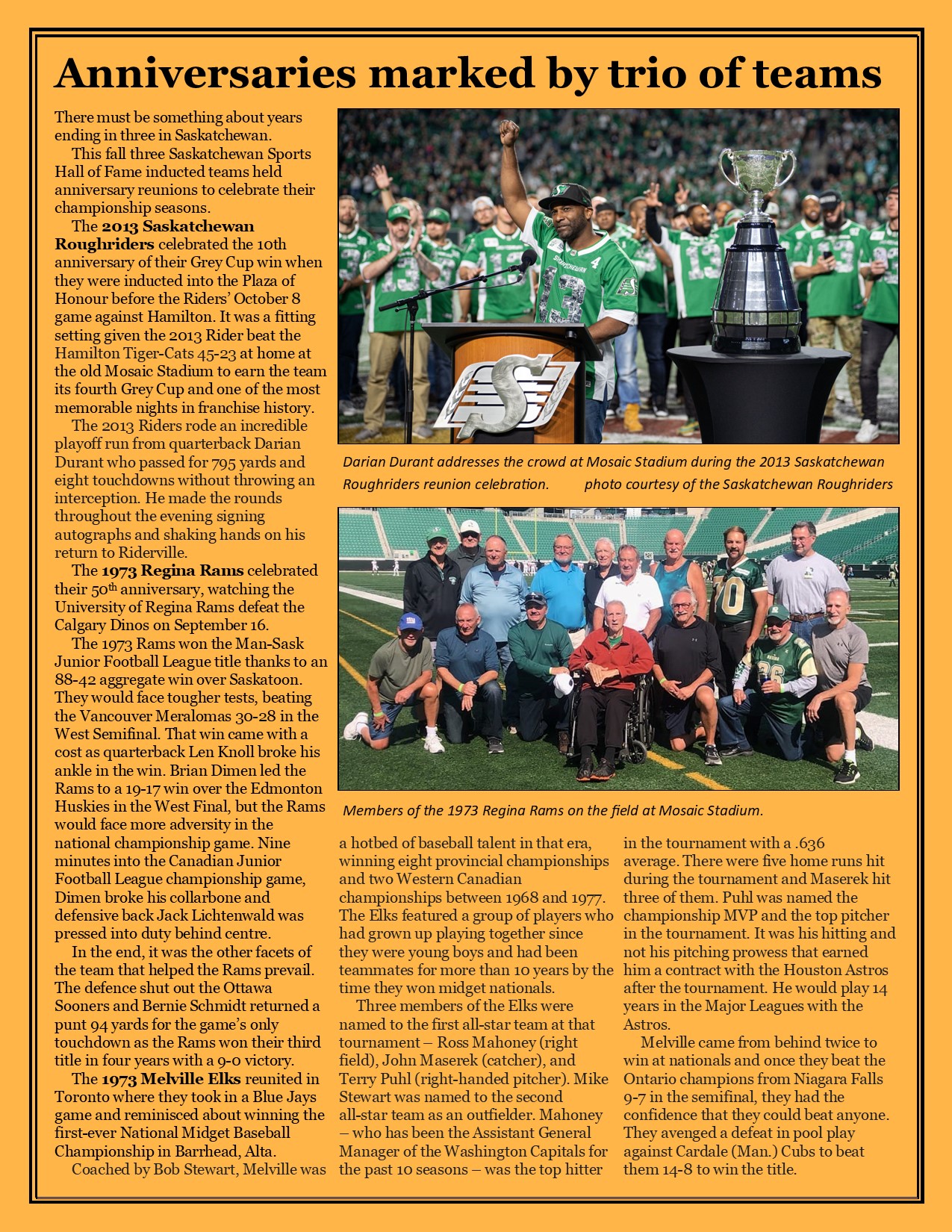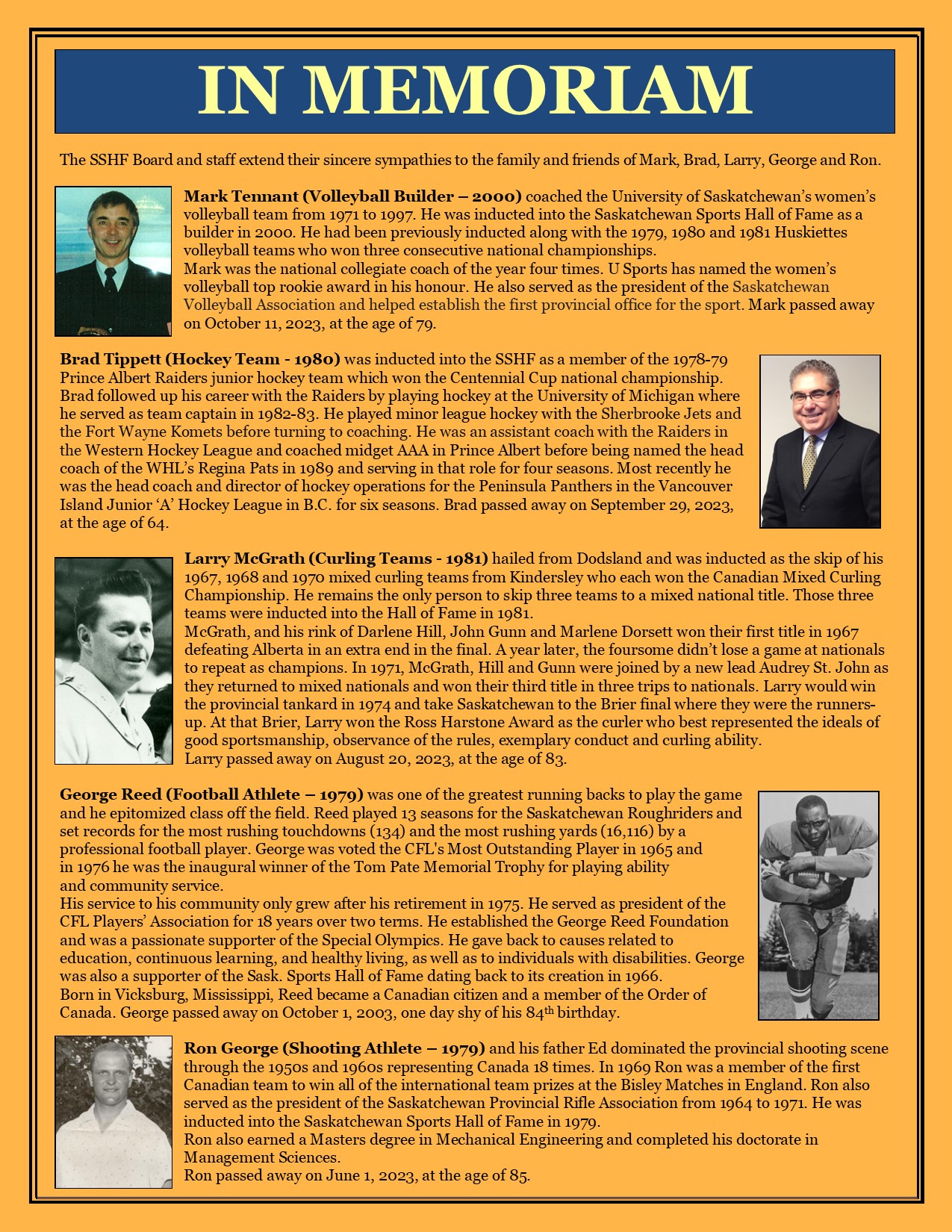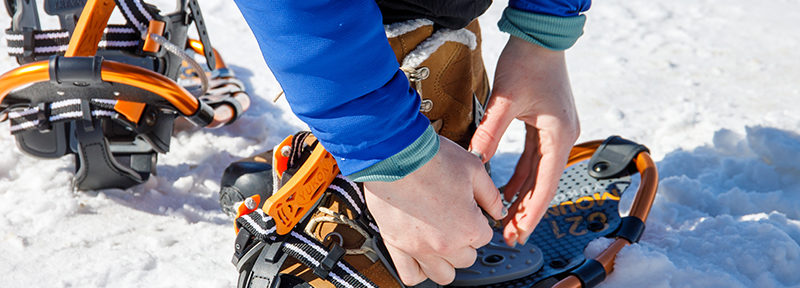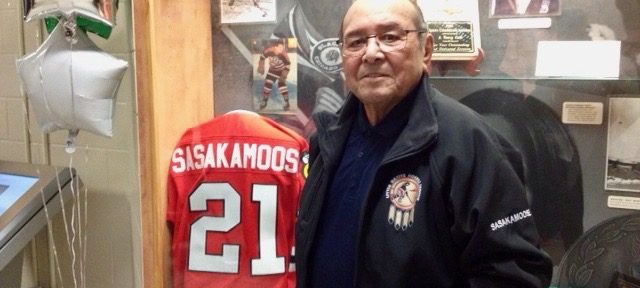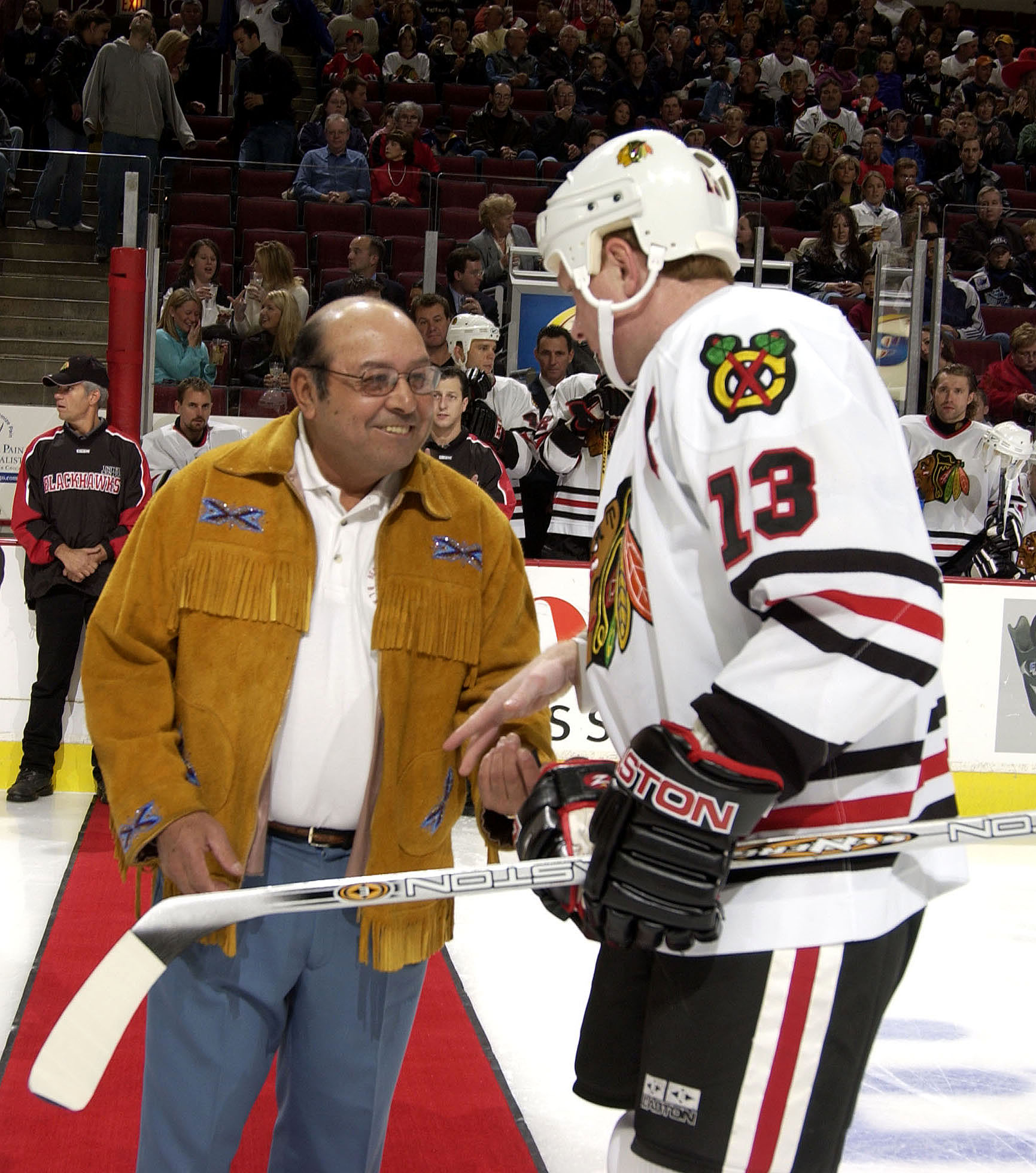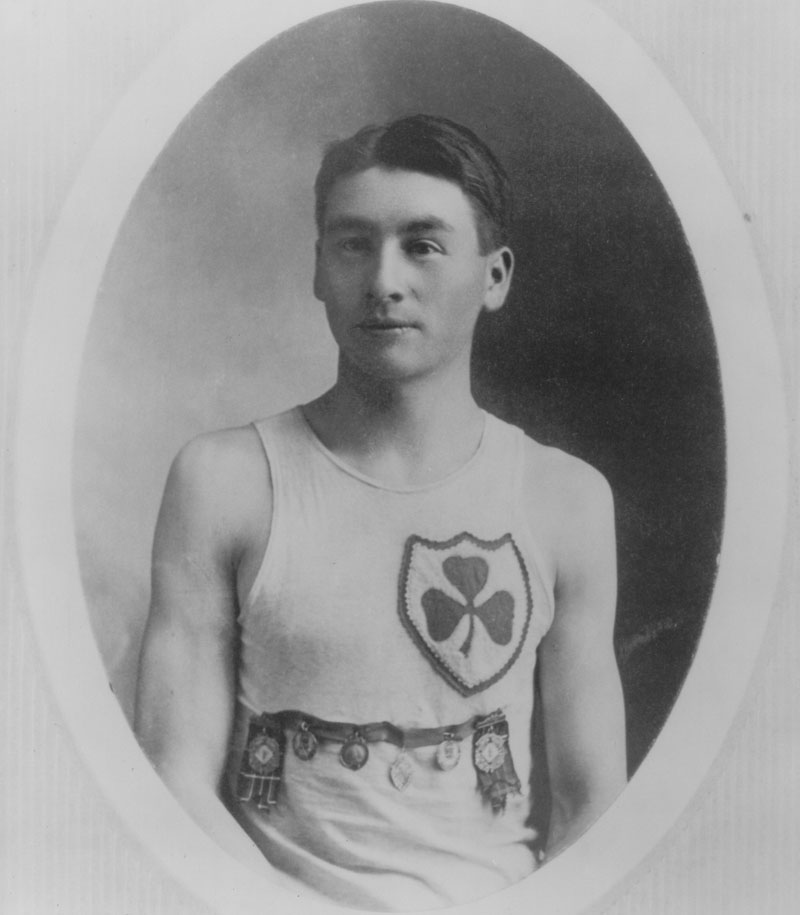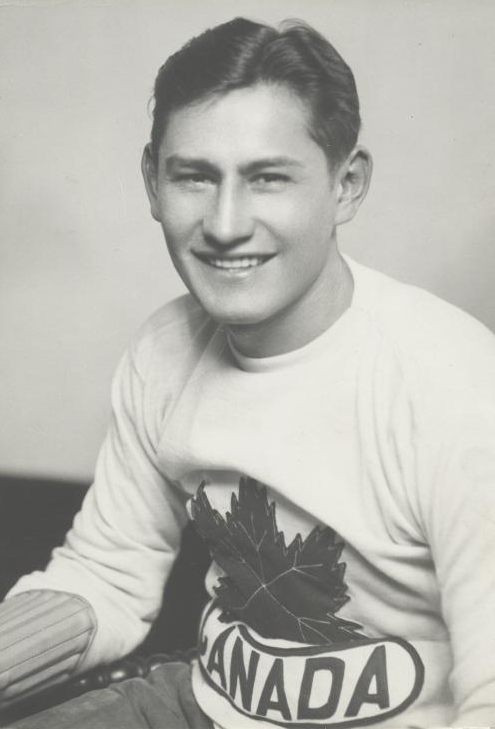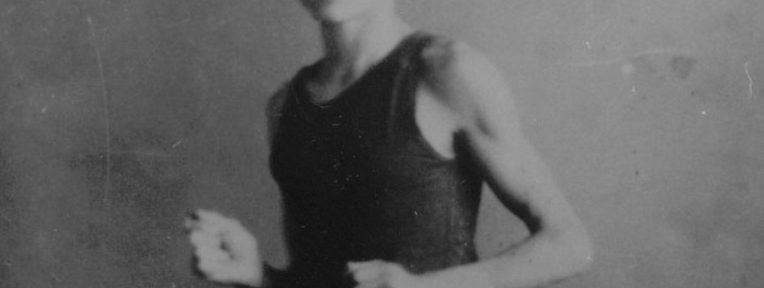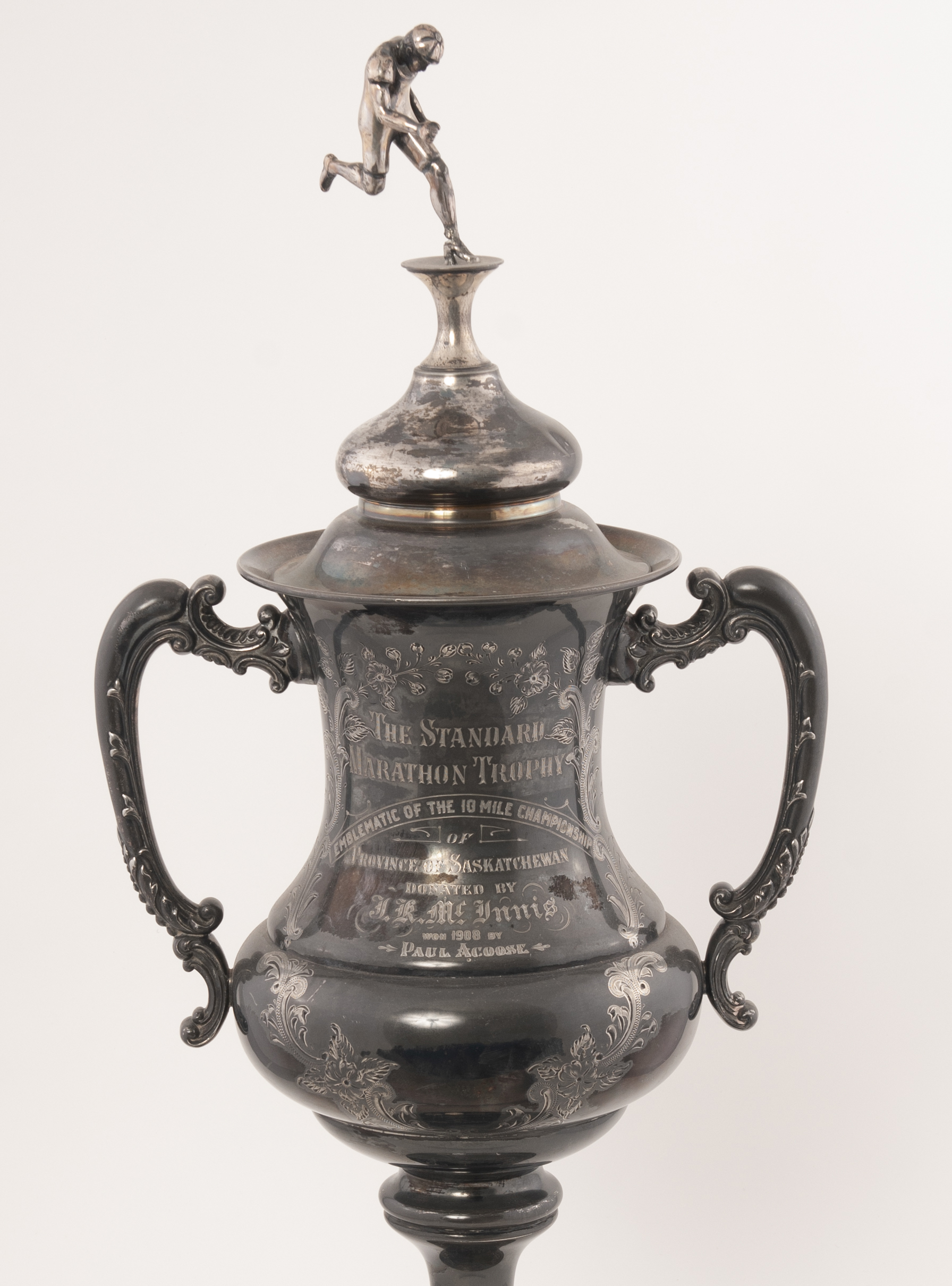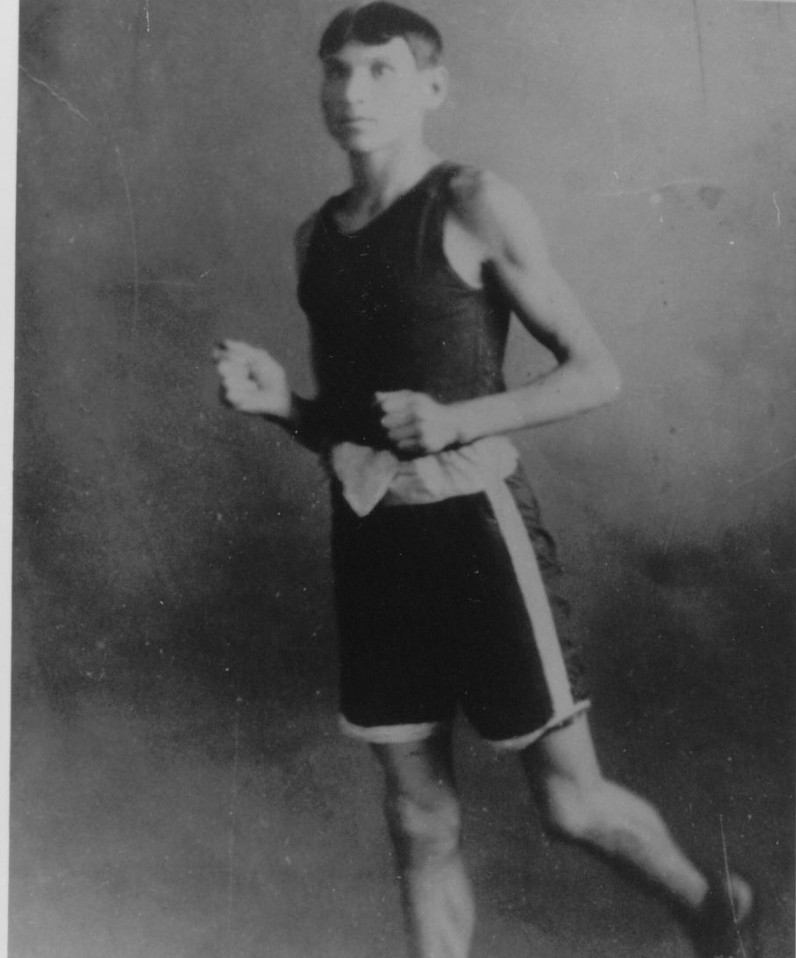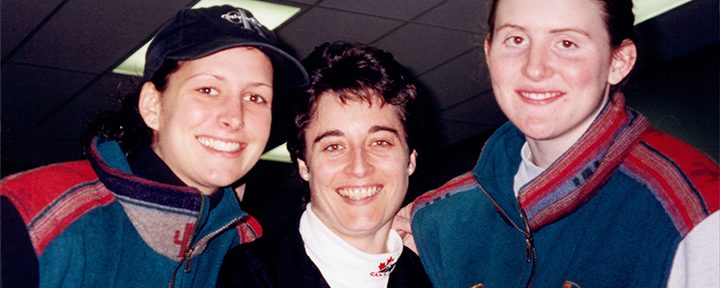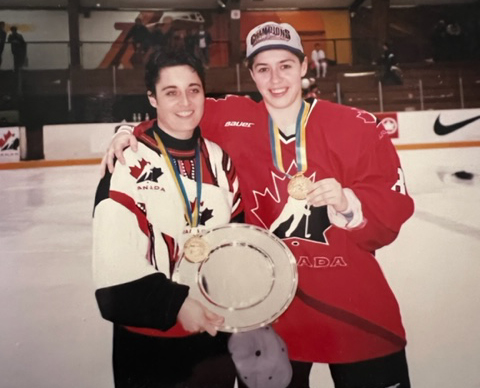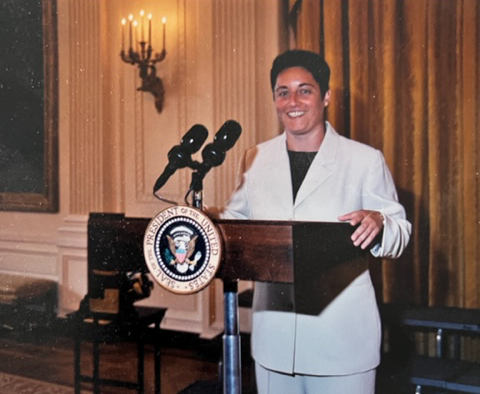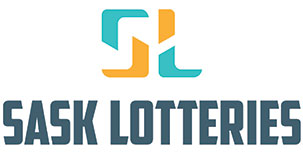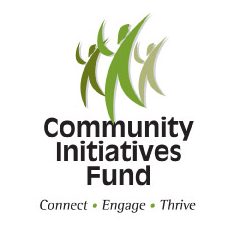The Saskatchewan Sports Hall of Fame (SSHF) is pleased to announce the seven (7) inductees who will become the newest members of the SSHF this fall.
The Class of 2024 features three inductees in the athlete category, two builders and two teams.
The 2024 inductees are:
IN THE ATHLETE CATEGORY:
Ray Mitsuing (Loon Lake) – Rodeo
Carl Olson (Fir Mountain) – Rodeo
Chelsea Stone (Mazzei) (Regina) – Taekwondo
IN THE BUILDER CATEGORY:
Karen Howard (Melville) – Figure Skating
Wayne Hellquist (Saskatoon) – Volleyball
IN THE TEAM CATEGORY:
2018, 2019 & 2023 Sherry Anderson Senior Women’s Curling Rink
2003-04 University of Saskatchewan Huskies Men’s Volleyball Team
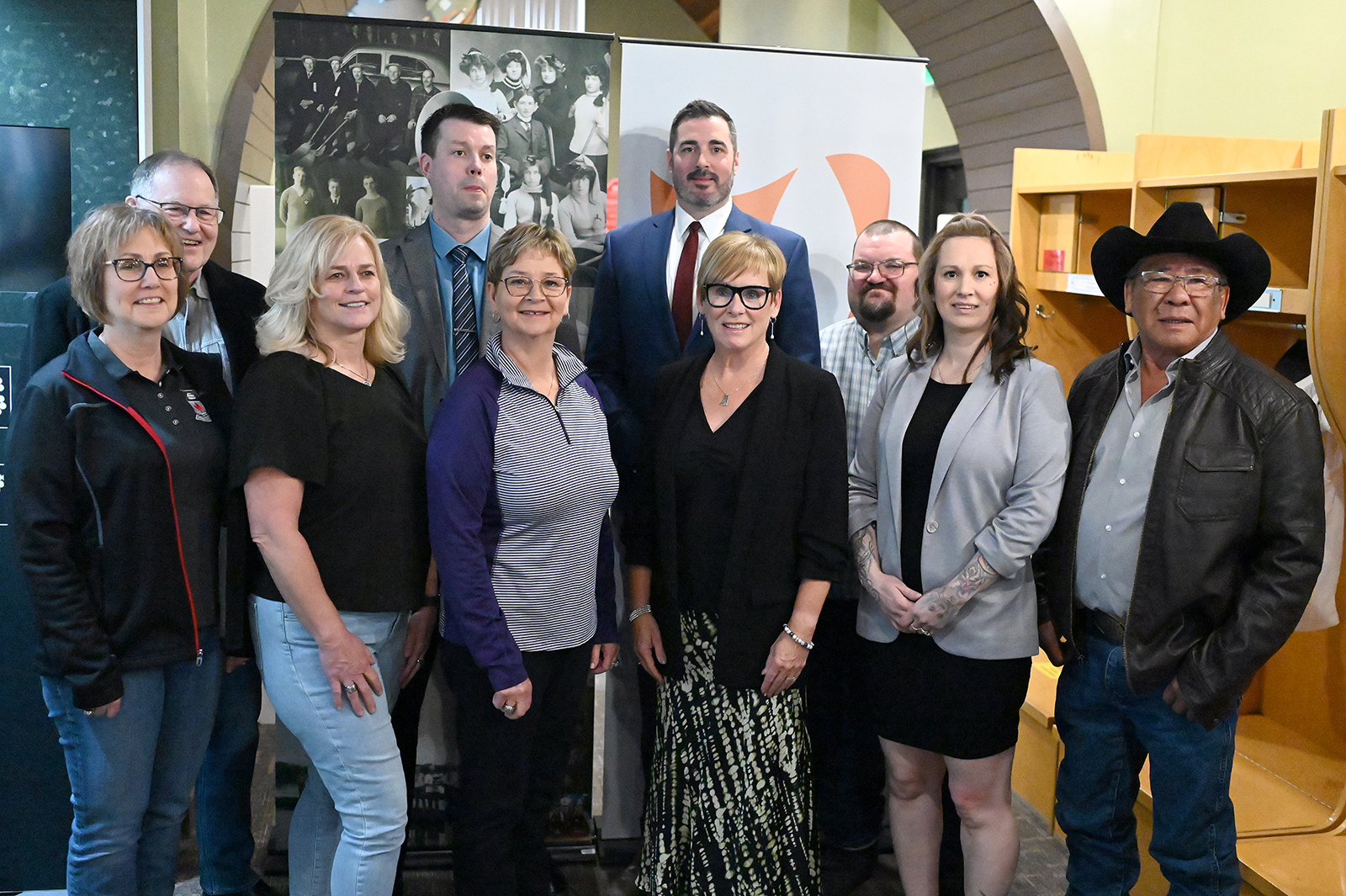
Members of the 2024 SSHF Induction Class pictured are Wayne Hellquist (back left), Nathan Johnson, and Brandon Needham from the 2003-04 University of Saskatchewan Huskies men’s volleyball team, and Brent Klein, great nephew of Carl Olson; Anita Silvernagle (front left), Patti Hersikorn, and Sherry Anderson from the Sherry Anderson senior curling team, Karen Howard, Chelsea Stone (Mazzei), and Ray Mitsuing.
The 2024 Induction Dinner & Ceremony will be held at the Conexus Arts Centre in Regina on Saturday, September 28, 2024. Tickets are now available by completing the form at the bottom of this page.
Karen Howard judged the women’s figure skating competition at the 2014 Olympic Winter Games in Sochi. She served as a judge and/or referee at three World Figure Skating Championships and four Junior World Figure Skating Championships. Closer to home she has been a judge, evaluator, and referee for Skate Saskatchewan for more than 40 years and continues to share her expertise to work with and mentor officials, skaters, coaches and parents.
Wayne Hellquist has served as a board member and executive at the national and provincial level in volleyball and was instrumental in the Canadian women’s national team being centralized in Regina during the 1980s. Wayne spent 14 years on the Board of the Canadian Olympic Committee, eight as vice president and he became the first person from Saskatchewan ever elected to serve as president. He also helped create the para-sport volleyball program and in 2000 he was Chef de Mission for the Canadian Paralympic team.
Ray Mitsuing competed as a chuckwagon driver for 36 years and qualified to compete at the Calgary Stampede for 36 consecutive years. In 1992 he won the Aggregate Championship at the Calgary Stampede and also earned the fastest time award there three times. He won the Canadian Professional Chuckwagon Association championship seven times during his distinguished career. He finished in the top-10 on the CPCA Tour in each of his last 12 seasons.
Carl Olson became the first Canadian-born cowboy to win a World Rodeo Championship in saddle bronc in 1947. Carl also won the first Canadian All-Around Rodeo title in 1945 and won again in 1948. He also won the saddle bronc national title three times and a national steer wrestling title. He was inducted into the Canadian Rodeo Hall of Fame in 1982 and passed away in 1983.
Chelsea Stone won 19 consecutive national championships in her weight class in sparring. She enjoyed an 18-year career as a member of the Canadian national team and served as team captain at five international competitions. In 2002 she was named the Canadian Taekwon-Do Federation International’s Athlete of the Year and the Sask Sport Female Athlete of the Year after winning four medals at junior worlds. She also medalled twice at the International Taekwon-Do Federation World Championships.
The 2003-04 University of Saskatchewan Huskies Men’s Volleyball Team won the school’s fourth men’s national collegiate volleyball title beating Alberta in five sets to claim the U Sports championship. The Huskies were the top-ranked team in the country after winning the Canada West title. During the pre-season they also beat Brigham Young University who would win the American NCAA volleyball title that year. Six of the Huskies starting seven-man rotation hailed from Saskatchewan and three members of the team won significant individual honours at season’s end.
The senior women’s curling foursome of Sherry Anderson, Patty Hersikorn, Brenda Goertzen, and Anita Silvernagle formed in 2016. They won six consecutive provincial senior curling titles, five consecutive national senior curling championships and three World Senior Curling Championships – each of which is a record. Based out of the Nutana Curling Club in Saskatoon, the Anderson foursome won their first senior world title in 2018 and repeated as champion in 2019 before winning again in 2023. This past year the rink was inducted into the Canadian Curling Hall of Fame.
Tickets for the 2024 Induction Dinner & Ceremony are no longer on sale.


